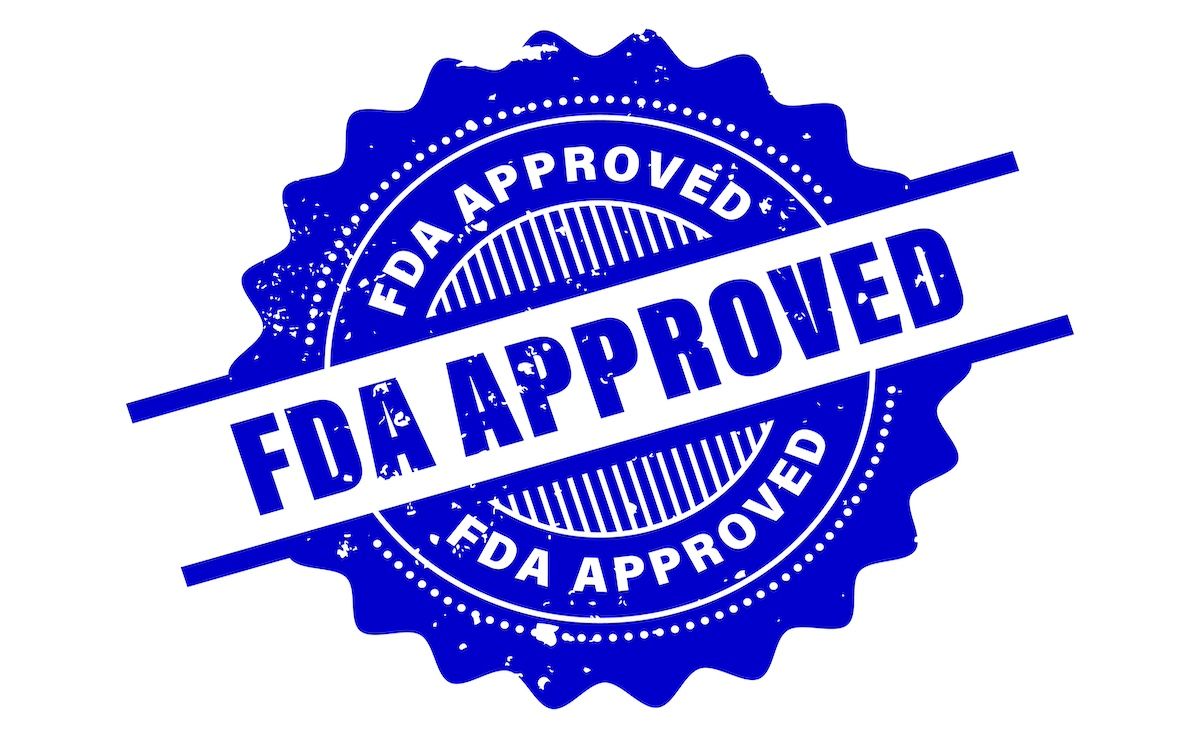- Center on Health Equity & Access
- Clinical
- Health Care Cost
- Health Care Delivery
- Insurance
- Policy
- Technology
- Value-Based Care
FDA Approves Durvalumab Combination Therapy for Resectable Early-Stage NSCLC
The newly approved treatment regimen demonstrated a significant reduction in recurrence risk in patients with resectable non–small cell lung cancer (NSCLC).
The FDA has granted approval for durvalumab (Imfinzi; AstraZeneca) in combination with chemotherapy for adult patients with resectable early-stage (IIA-IIIB) non–small cell lung cancer (NSCLC) without EGFR mutations or ALK rearrangements.1

This approval is based on positive results from the phase 3 AEGEAN trial (NCT03800134), which showed a 32% reduction in the risk of recurrence, progression, or death compared with chemotherapy alone. The regimen involves durvalumab with neoadjuvant chemotherapy before surgery and as adjuvant monotherapy after surgery, offering a new hope for patients at high risk of recurrence.
“This approval brings an important new treatment option that should become a backbone combination approach for patients with resectable non–small cell lung cancer, who have historically faced high rates of recurrence even after chemotherapy and surgery," said John V. Heymach, MD, PhD, professor and chair, Thoracic/Head and Neck Medical Oncology, The University of Texas MD Anderson Cancer Center, in a statement.2 "When added both before and after surgery, durvalumab delivered a significant and meaningful improvement in outcomes in this curative-intent setting."
The AEGEAN trial was a randomized, double-blind, placebo-controlled, global phase 3 trial, designed to evaluate the efficacy and safety of durvalumab in combination with neoadjuvant chemotherapy and as an adjuvant monotherapy in patients with resectable early-stage NSCLC. The study was conducted across 264 centers in over 25 countries, including the United States, Canada, Europe, South America, and Asia.
The trial enrolled a total of 802 patients, regardless of PD-L1 expression. However, patients were excluded if they had known EGFR mutations or ALK rearrangements. A primary end point was pathologic complete response (pCR), defined as the absence of any viable tumor cells in the resected specimen, including lymph nodes, after neoadjuvant therapy. Additionally, a primary end point was event-free survival (EFS), defined as the time from randomization to the occurrence of an event, such as tumor recurrence, progression that precludes definitive surgery, or death.
The median EFS for patients receiving durvalumab was not reached (95% CI, 31.9 months–not estimable [NE]), indicating a prolonged period without disease progression or recurrence, compared with 25.9 months (95% CI, 18.9-NE) in the placebo group (HR, 0.68; 95% CI, 0.53-0.88; P = .0039).1 This represented a notable 32% reduction in the risk of events. Additionally, the trial showed a substantial improvement in pCR, with 17% of patients in the durvalumab group achieving pCR vs only 4.3% in the placebo group. While overall survival was not formally tested at the interim analysis, descriptive data suggested no significant detriment, further supporting the potential benefit of incorporating durvalumab into treatment regimens for this patient population.
The safety profile of durvalumab was consistent with its known effects when used in combination with chemotherapy. The most common adverse reactions (≥20%) included anemia, nausea, constipation, fatigue, musculoskeletal pain, and rash. These side effects were manageable and aligned with expectations for immunotherapy and chemotherapy. Notably, 1.7% of patients in the durvalumab group were unable to undergo surgery due to adverse reactions, compared with 1% in the placebo group, indicating a slightly increased risk of surgical complications. Despite this, durvalumab was generally well tolerated, with no new safety signals emerging in this regimen, and the dosage recommendations were aligned with standard practices for both neoadjuvant and adjuvant treatment phases.
The recommended dosage is 1500 mg of durvalumab every 3 weeks as neoadjuvant therapy and every 4 weeks as adjuvant therapy for patients with a body weight of 30 kg or more and 20 mg/kg for patients with a body weight of less than 30 kg. Additionally, durvalumab should be administered before chemotherapy when they are given on the same day.
References
1. FDA approves neoadjuvant/adjuvant durvalumab for resectable non-small cell lung cancer. News release. FDA. August 15, 2024. Accessed August 16, 2024. https://tinyurl.com/4vvhrcp6
2. Imfinzi approved in the US for the treatment of resectable non-small cell lung cancer before and after surgery. News release. AstraZeneca. August 16, 2024. Accessed August 16, 2024. https://www.astrazeneca.com/media-centre/press-releases/2024/imfinzi-approved-in-us-for-resectable-lung-cancer.html
